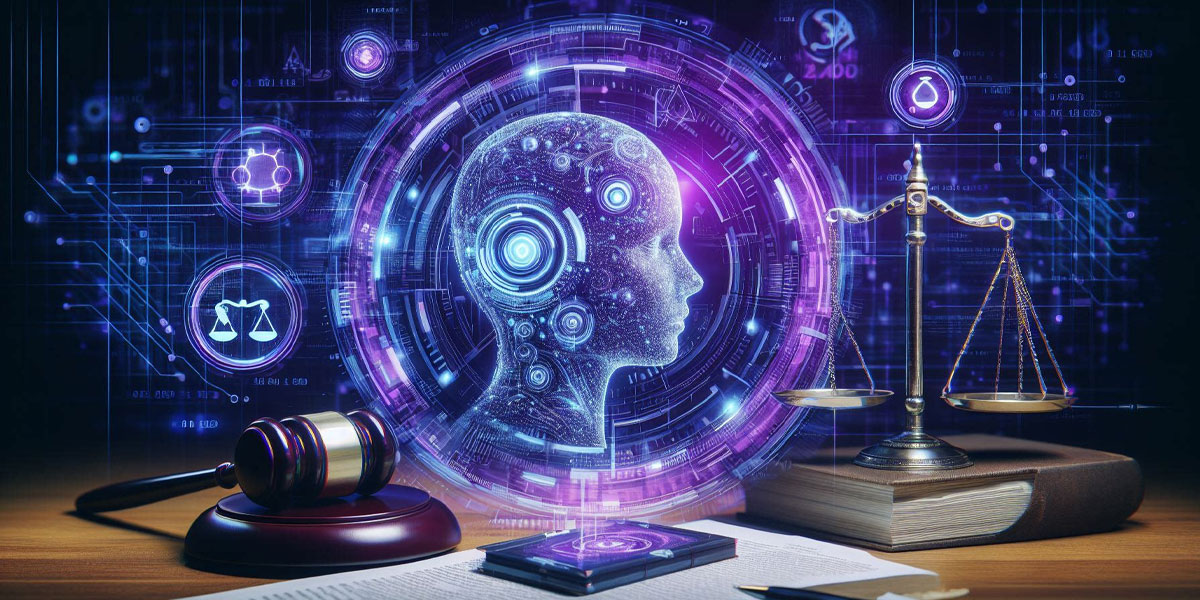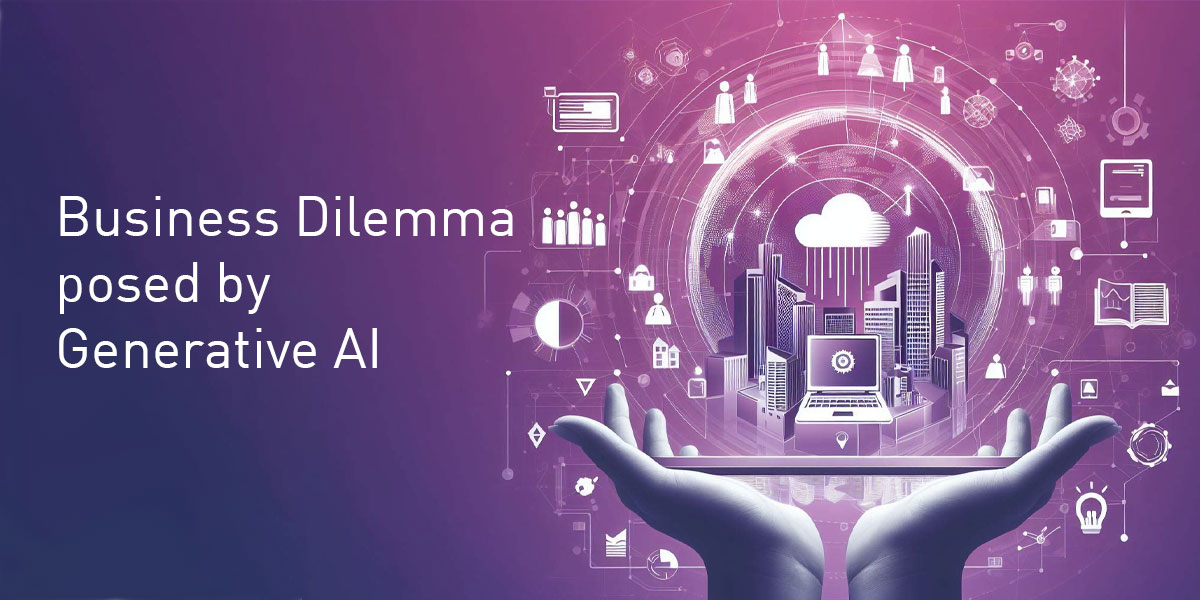Necessary cookies are absolutely essential for the website to function properly. These cookies ensure basic functionalities and security features of the website, anonymously.

Quantum Computing: The next big leap for data science?
The modern world is becoming heavily data-centric, and therefore the demands we place on computational technology have grown exponentially. Our reliance on data analytics and the way we approach problems is rapidly shifting, with large language models and general purpose AI booming in mid-2023. This has set the stage for our next major breakthrough - quantum computing - a groundbreaking technology that is poised to redefine our general computational capacity.
Understanding Quantum Theory and its Applications
Quantum theory, pioneered partially by Max Planch in 1900, posits that both energy and matter exist in discrete units, challenging our conventional understanding of reality. Instead of viewing matter and energy as continuous waves, they’re seen as particles that move unpredictably. When measuring two intertwined quantities, like position and momentum, concurrently, the accuracy of one directly impacts the other.
Quantum Computing
Traditional computers process tasks sequentially using binary bits. These machines face significant challenges in addressing certain complex problems, seen as ‘intractable’, due to the time and computational resources required. This is where quantum computers come in, utilising ‘qubits’ that, thanks to the principle of superposition, can represent both 0 and 1 (the two binary values) simultaneously. This allows them to process a multitude of possibilities concurrently, achieving speeds thousands of times faster than classical computers.
But it’s not just about speed. Predictions indicate that by 2040, with projected energy usage, we might struggle to power our global computational infrastructure. Quantum computers emerge as a potential solution. Their unique qubit architecture allows them to process cast data with considerably less energy, offering a sustainable computational path for the future.
Applications in Data Science: A Quantum Advantage?
Quantum computing, despite being very young in its infancy, ias already displaying its might when it comes to data:
1). High-Speed Analysis: Quantum computers, due to their parallel processing capabilities, can swiftly identitfy patterns in gigantic, unorganised datasets.
2). Intractable Problems: Complex challenges that would take millennia for traditional computers can be addressed by quantum machines in mere moments.
3). Boosting AI’s capabilities: Today AI, impressive as it is, still hits a wall due to the boundaries of classical computing. Quantum computing have the potential to turbocharge AI applications, such as:
- Machine Learning: - Quantum-enhanced algorithms could harness quantum hardware’s power.
- Predictive Analytics: - Traditional predictive tools can choke on the sheer volume of modern data. Quantum models promise scalability and precision without lag.
- LLMs: Chatbots are currently utilising language models to wide success, to create human-like replies and in some cases, surpass human intelligence. Quantum computers could hugely advance training processes when it comes to AI development, allowing more advanced and accurate use-cases to emerge, and nullify the risk of chatbot ‘hallucination’.
However, quantum technology still faces significant challenges. Even minor environmental changes can disrupt a quantum computer’s operations. While the promise of quantum computing is undeniable, its adoption in the corporate world and in general data analytics might still be on the horizon.
A potential hardware solution too
The relationship between data science and quantum mechanics is more intertwined than ever. Current computational demands are pushing the boundaries of what’s achievable. This has motivated tech giants like Google, Amazon, and Facebook to innovate, developing machine learning-specific chips that leverage parallelization and repetitive algebraic computations for improved performance.
Furthermore, as computational demands grow, with the advent of deep machine learning models, challenges in developing suitable hardware and software systems arise. This relationship between machine learning and computer hardware underscores the critical role of quantum computing. Not only does powerful hardware assist in scaling data science methods, but advances in data science can also guide the creation of sophisticated chips tailored for ML tasks.
Conclusion
As this technology matures, we are poised to witness monumental progress in data analytics, unlocking secrets buried in our vast datasets. However, it’s far too soon for hype, as widespread access to such technologies is still years away. But if I were a betting man, i’d bet on quantum computing being the next major technological breakthrough for the progression of data science.






